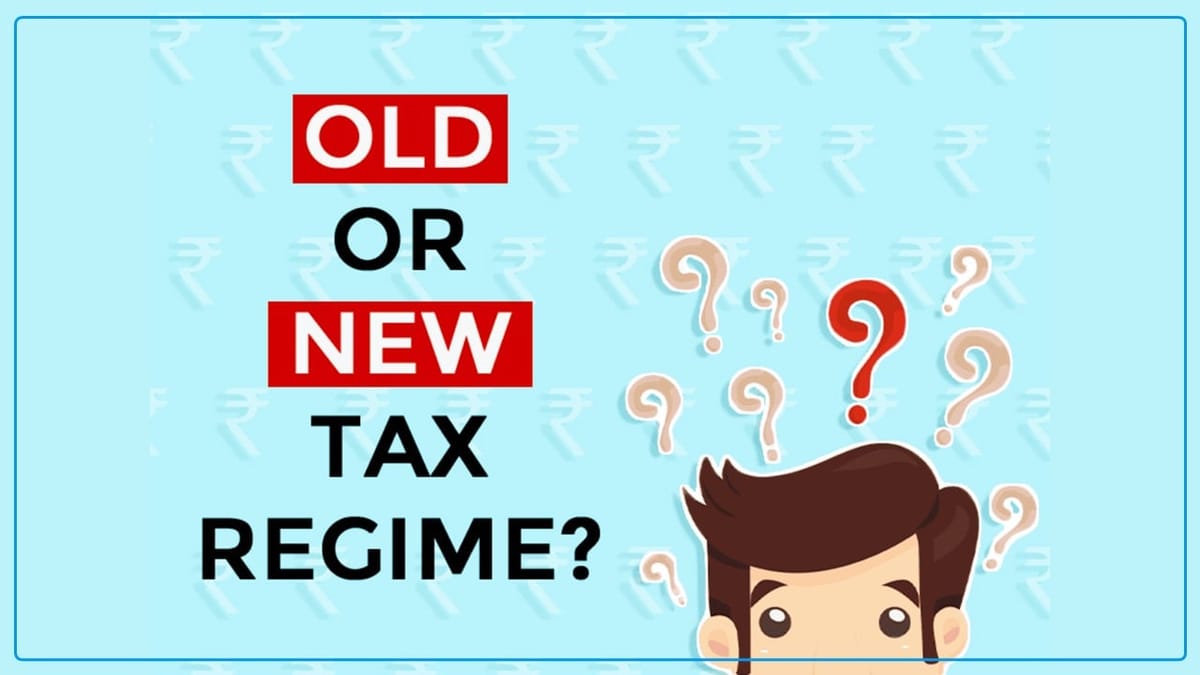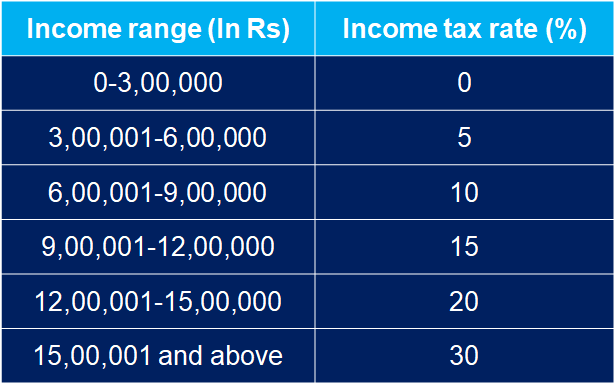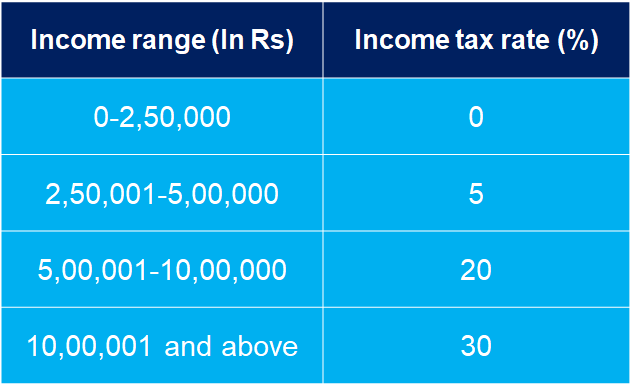April is a crucial month for salaried employees as they must inform their respective employers of the tax regime - old or new that they desire to opt for FY2024-25.
Reetu | Apr 6, 2024 |

TDS on Salary: Choosing wrong Tax Regime will lead to high Tax
April 1, 2024, marks the beginning of the new financial year, 2024-25. However, the old income tax laws that were in effect last financial year (FY 2023-24) will continue to apply in FY 2024-25 because the government has not revised the income tax law.
It is possible that certain modifications to income tax laws will be disclosed in the full budget presented by the new government following the elections, but the old laws will remain in effect until then.
April is a crucial month for salaried employees in terms of tax planning, specifically for 2024-25. This is because salaried individuals must inform their respective employers of the tax regime – old or new – that they desire to opt for FY2024-25 in April.
The tax regime chosen by a salaried individual determines how much tax the employer deducts from his or her salary income during the financial year.
According to the law, the new tax regime is the default regime. If a salaried employee fails to notify his or her employer of their preferred tax regime, tax on salary income will be deducted in accordance with the new tax regime’s income tax slabs.
If a salaried employee does not select the tax regime that reduces his or her tax liability at the start of the financial year, more tax may be deducted from their salary income. This will lower their take-home salary. They will have to wait until the next financial year to obtain the income tax refund for excess taxes paid in FY 2024-25.
The Central Board of Direct Taxes (CBDT) released a circular in April 2023 detailing how employers must deduct TDS from salaries. However, the CBDT circular does not state whether an individual can transition between new and old tax regimes during the financial year for the purpose of TDS from salary.
Most organizations do not allow salaried employees to change their tax regimes (once chosen at the beginning) during the financial year for the purpose of TDS on salary. However, an individual can select any tax regime when submitting their ITR, regardless of which one was chosen for TDS on salary.
Before deciding on a tax regime, a salaried individual must understand the present income tax rules and weigh the benefits and drawbacks of both.
If a salaried individual chooses the new tax regime for the financial year 2024-25, he or she will be unable to claim the majority of the tax exemptions and deductions available under the old tax regime.
The main rules of the new tax regime include:
1. Irrespective of the age of the individual, the Basic Exemption Limit of Rs.3 lakh is applicable.
2. Standard Deduction of Rs.50000 is available.
3. If your net taxable income for the financial year does not exceed Rs.7 lakh, you will pay no tax.
4. Employer contributions to Tier-I NPS accounts are eligible for tax benefits under Section 80CCD (2).
Income Tax Slabs under New Tax Regime

On the other hand, if a salaried individual chooses the old tax regime for 2024-25, he or she will be able to claim numerous tax exemptions and deductions.
The main rules of the old tax regime include:
1. The basic exemption limit would be based on the individual’s age: Rs 2.5 lakh for those under 60 years, Rs 3 lakh for those between 60 and 79 years, and Rs 5 lakh for those 80 years and over.
2. Common deductions, such as the Section 80C deduction of up to Rs 1.5 lakh, the Standard deduction of Rs 50,000 from salary income, the Section 80D deduction on health insurance premiums paid, the tax exemption on house rent allowance (HRA), and so on, can be claimed as applicable, provided that the conditions for these tax breaks are met.
3. Employer contributions to Tier-I NPS accounts are eligible for tax benefits under Section 80CCD (2). Aside from that, individuals can claim an extra tax deduction of Rs.50,000 for NPS investments under Section 80CCD (1B).
4. If your net taxable income for the financial year does not exceed Rs.5 lakh, you will pay no tax.
Income Tax Slabs under Old Tax Regime

Hence, at the time of filing an income tax return for FY 2024-25, compare the tax liability under both tax regimes based on actual taxable income.
Choose the most favourable tax regime based on your real tax liability and file the ITR accordingly.
In case of any Doubt regarding Membership you can mail us at [email protected]
Join Studycafe's WhatsApp Group or Telegram Channel for Latest Updates on Government Job, Sarkari Naukri, Private Jobs, Income Tax, GST, Companies Act, Judgements and CA, CS, ICWA, and MUCH MORE!"